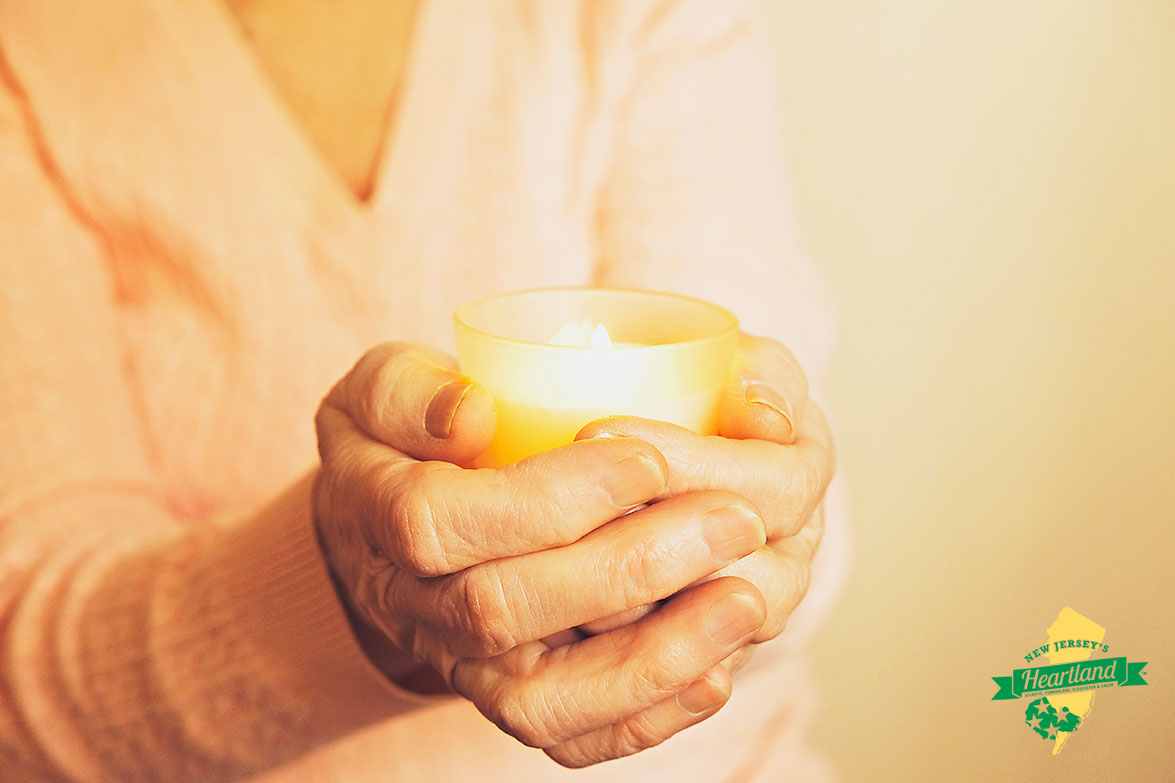The South Jersey Holocaust Coalition


Free Presentation Open to the Public; Registration Deadline October 15
VINELAND, NJ—How did the Holocaust and such events happen and how can it be explained through social psychology?
These issues will be explored at a workshop, free and open to the public, on Thursday, October 18, from 4:30 to 7:30 p.m., at the George P. Luciano Conference & Events Center , Cumberland County College , College Drive , Vineland , NJ .
The workshop, entitled “Reassessing Social Psychology Narratives as an Explanation for the Holocaust and Current Events,” is presented by The South Jersey Holocaust Coalition, the New Jersey Commission on Holocaust Education, the Jewish Federation of Cumberland, Gloucester & Salem Counties, and Cumberland County College.
It will be led by Harry Furman, Chairman of the Coalition. A former social studies teacher, Furman pioneered in 1976 the first New Jersey high school semester course on the Holocaust and Genocide, The Conscience of Man. He was also Editor-in-Chief of the first Holocaust curriculum for New Jersey schools and publication of The Holocaust and Genocide: The Search for Conscience. The co-editor of The Hitler Legacy, An Exploration of Hate, he is also a former long-time member of the New Jersey Commission on Holocaust Education and a presenter of many seminars and workshops
The murder of Kitty Genovese in New York in 1964 and the social psychology experiments of Stanley Milgram and Philip Zimbardo and others have been used as ways to explain human behavior and thus serve as an explaining narrative for the Holocaust. Does the story of 38 people watching and/or hearing someone be murdered provide a workable way of explaining some of what happened in Germany and eastern Europe in the 1930s and 1940s? Do the actions of those asked to “shock” a supposed learner in experiments conducted in a New Haven laboratory by Stanley Milgram provide a way of explaining the behavior of Germans and others in this time period?
This workshop reassesses these narratives that have had a profound impact on the way many look at the Holocaust and at human action itself. Can these stories, interpreted through the lens of social psychology, provide a plausible way of explaining the unexplainable?
Through interaction with PowerPoint, film and readings, this presentation will show what social psychologists say about the Holocaust and how new interpretations may cause us to rethink and test the efficacy of using Genovese, Milgram, Zimbardo, and others as a means of providing a framework for understanding the Holocaust—and as part of a discussion of events in the United States in issues involving “bystanders,” obedience, authority, groupthink, and the impact of assuming a role within an institution.
No registration fee or cost is required to attend this workshop, but small donations are appreciated. A light dinner will be included.
Educators, students, and the public are invited to attend and, for professionals, 3.0 Professional Development (PD) hours will be granted by the New Jersey Commission on Holocaust Education.
Those interested in attending and those registering for the Professional Development hours must register by e-mail no later than Monday, October 15 to holocaustcoalition@gmail.com. Educators desiring PD credits should please provide their name, contact information, and school.
For more information on this and all South Jersey Holocaust Coalition events and activities, e-mail holocaustcoalition@gmail.com, visit the Coalition’s website at www.HolocaustCoalition.com, or visit their Facebook page at “South Jersey Holocaust Coalition.”

